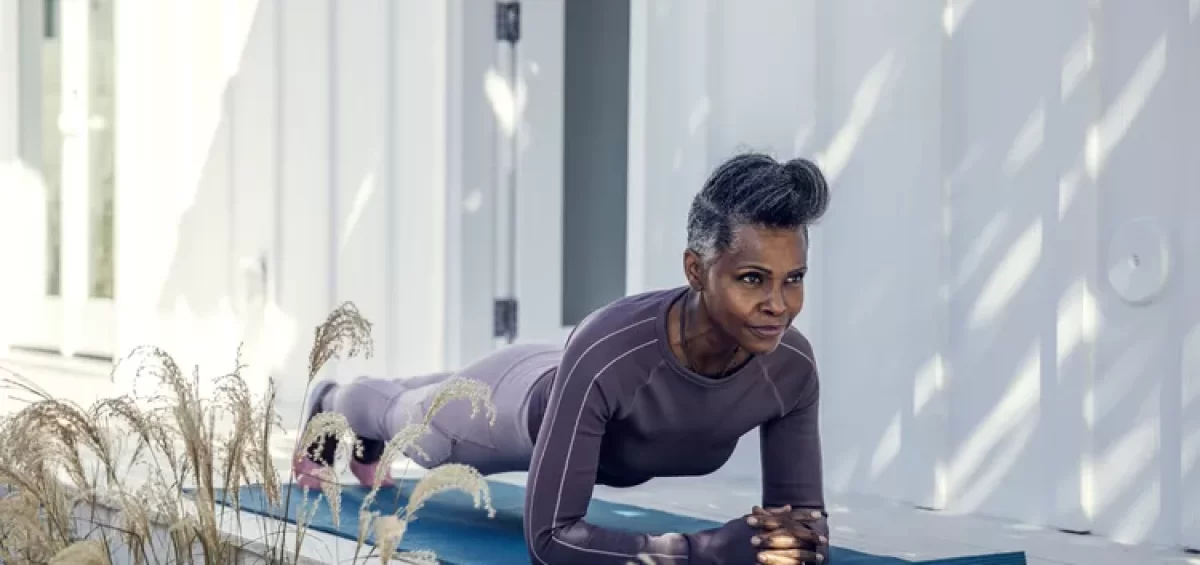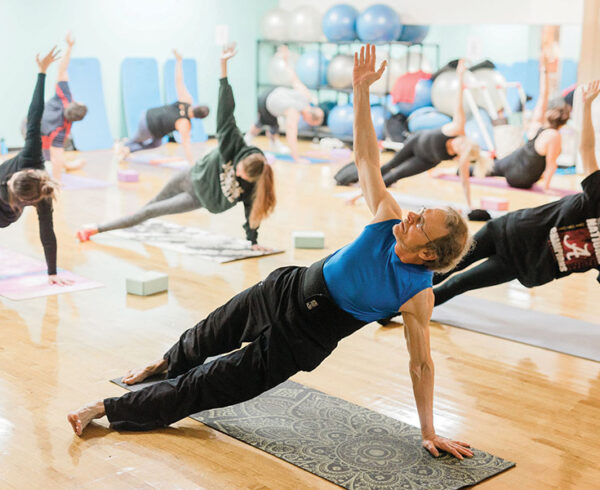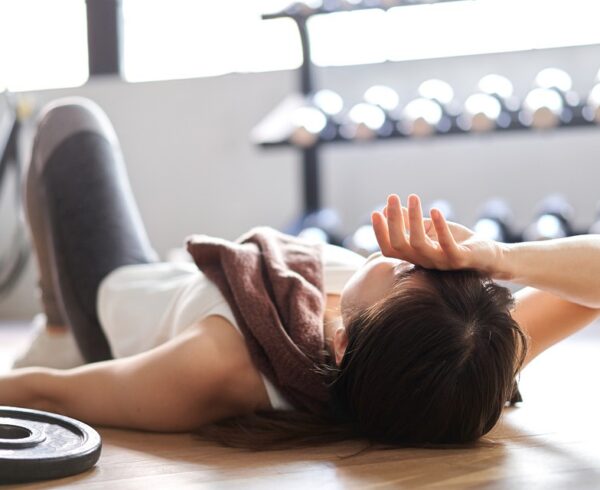Contrary to popular belief, turning 50 doesn’t mean slowing down or stepping away from an active lifestyle. In fact, your golden years are still the perfect time to embrace health and wellness. Here’s why it’s never too late to start, why fitness is crucial at all stages of life, and the importance of exercise and eating well to prevent health issues.
Breaking the Myths About Fitness & Aging
A misleading belief about aging is that it’s too late to start a fitness regimen after a certain age. This couldn’t be further from the truth. Studies have shown that starting or continuing exercise in your 50s and beyond can lead to significant health benefits, regardless of your prior activity level. Your body is remarkably adaptable and can respond positively to physical activity at any age.
If you’re new to fitness, start small. Begin with low-impact activities such as walking, swimming, or yoga. Gradually increase the intensity and duration of your workouts as your fitness level improves. The key is consistency and listening to your body.
Fitness is Important at All Stages of Life
Lifelong Benefits
Fitness is not just for young people. Engaging in regular physical activity throughout your life provides numerous benefits, including:
- Improved cardiovascular health
- Stronger muscles
- Good posture
- Better flexibility and balance
- Enhanced mental health
These benefits don’t diminish with age; they become even more crucial.
Maintaining Independence
Staying fit helps maintain independence as you age. Regular exercise can improve balance and coordination, reducing the risk of falls and injuries. It also helps in performing daily activities with ease, ensuring a better quality of life.
Weights, resistance training, and cardio can help with:
- Carrying and putting away groceries
- Lifting and playing with grandchildren
- Household chores, such as laundry, vacuuming, sweeping, and mopping
- Gardening
- Climbing stairs
- Moving furniture
- Home repairs
- Standing for long periods
- Walking the dog
- Opening jars
- Getting in and out of vehicles
- Reaching and stretching
- Bending and squatting
The Importance of Health and Wellness to Prevent Health Issues
Managing and Preventing Chronic Conditions
Regular physical activity can help manage and prevent chronic conditions such as heart disease, diabetes, arthritis, and hypertension. Exercise helps regulate blood pressure, blood sugar levels, and cholesterol, reducing the risk of severe complications.
Mental Health and Cognitive Function
Physical fitness is closely linked to mental well-being. Exercise releases endorphins, which act as natural mood lifters, helping combat depression and anxiety. Additionally, staying active has been shown to improve cognitive function, potentially lowering the risk of dementia and Alzheimer’s disease.
Weight Management
Maintaining a healthy weight becomes more challenging with age due to metabolic changes. Regular exercise, combined with a balanced diet, can help manage weight effectively, reducing the risk of obesity-related health issues.
Tips for Staying Fit Over 50
- Consult Your Doctor – Before starting any new exercise program, consult with your healthcare provider to ensure it’s safe and appropriate for your health condition.
- Set Realistic Goals – Set achievable fitness goals and track your progress. Celebrate small victories to stay motivated.
- Incorporate Variety – Mix different types of exercises to keep your routine interesting. Include strength training, cardio, flexibility exercises, and balance training.
- Stay Hydrated – Proper hydration is crucial, especially as you age. Drink plenty of water before, during, and after exercise.
- Listen to Your Body – Pay attention to your body’s signals. Rest when needed and avoid pushing yourself too hard to prevent injuries.
- Join a Group Fitness Class – Exercising with others can provide social interaction and motivation. Look for fitness classes tailored for older adults.
- Work With a Trainer – A personal trainer can provide tailored guidance and support, ensuring safe and effective workouts tailored to your specific fitness goals and needs.
Embracing fitness over 50 is about enhancing the quality of your life. Remember, health and wellness doesn’t have to be complicated to be effective; in fact, the best approach is often the simplest. The key is to find exercises and activities that you enjoy, which makes it easier to incorporate them into your routine consistently.
The goal is to simply start and keep going, gradually building healthier habits. By taking these small steps and prioritizing your well-being, you’re investing in a happy, healthier you, proving that self-care is both attainable and essential at any age – well into your golden years and beyond!









